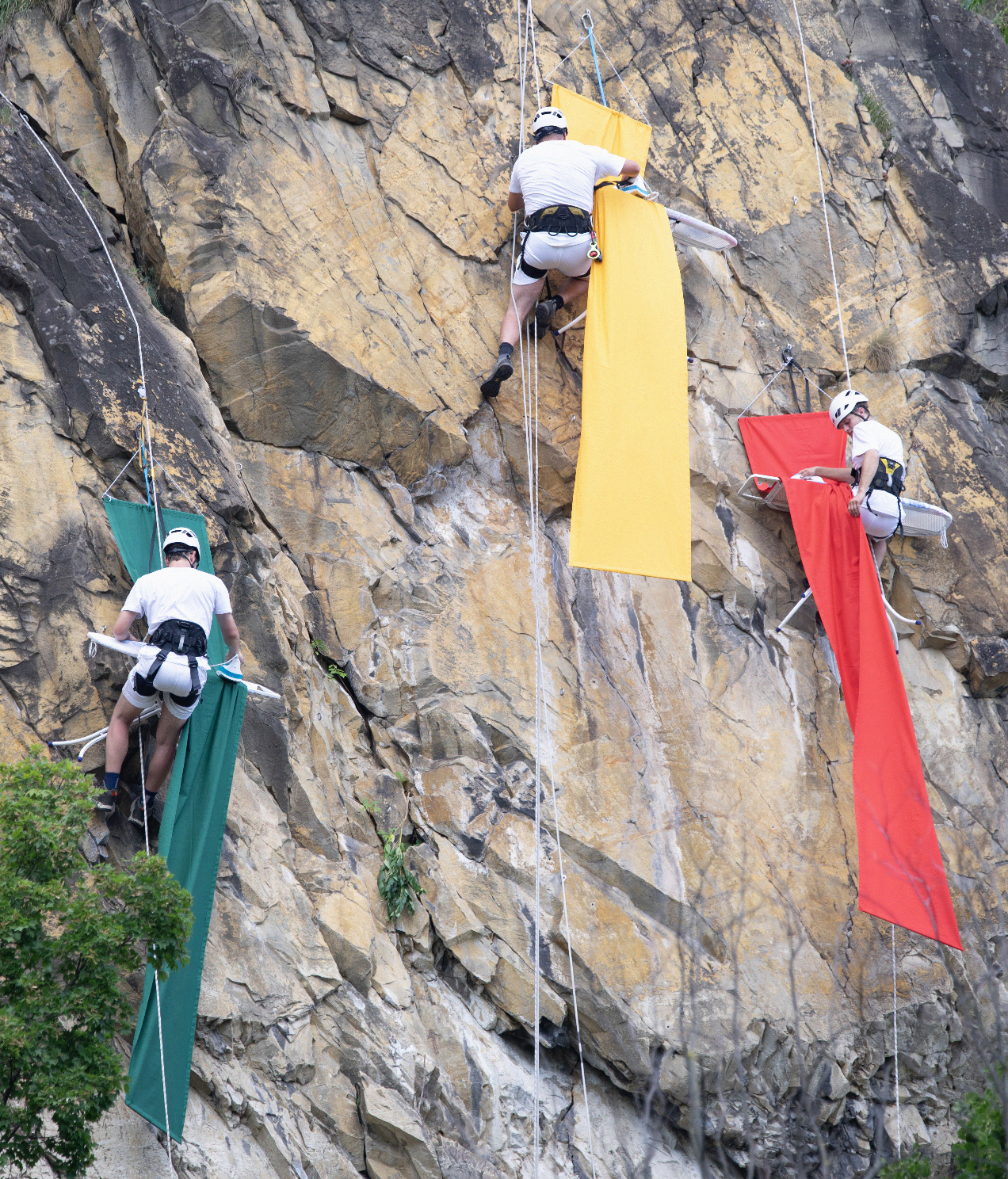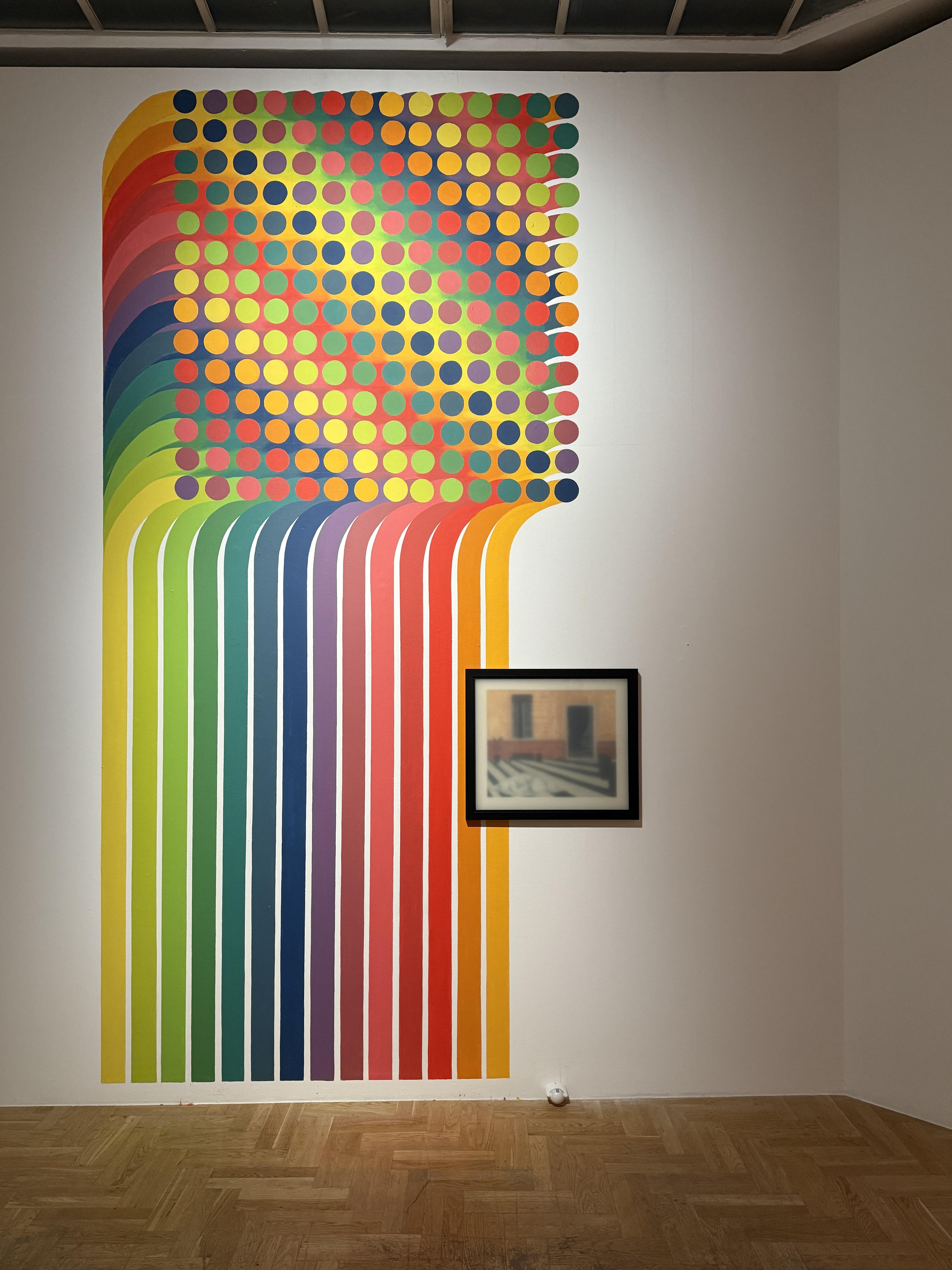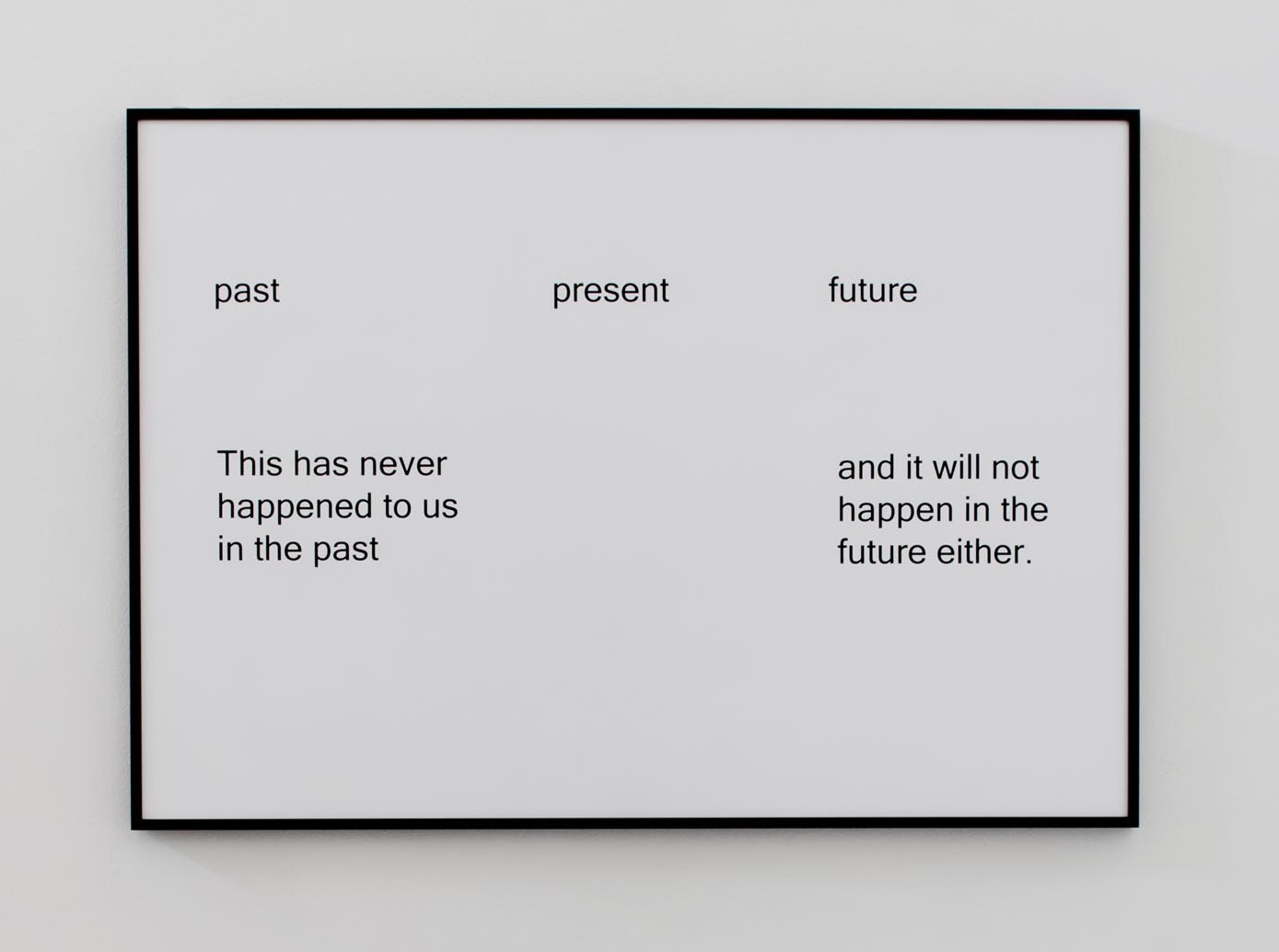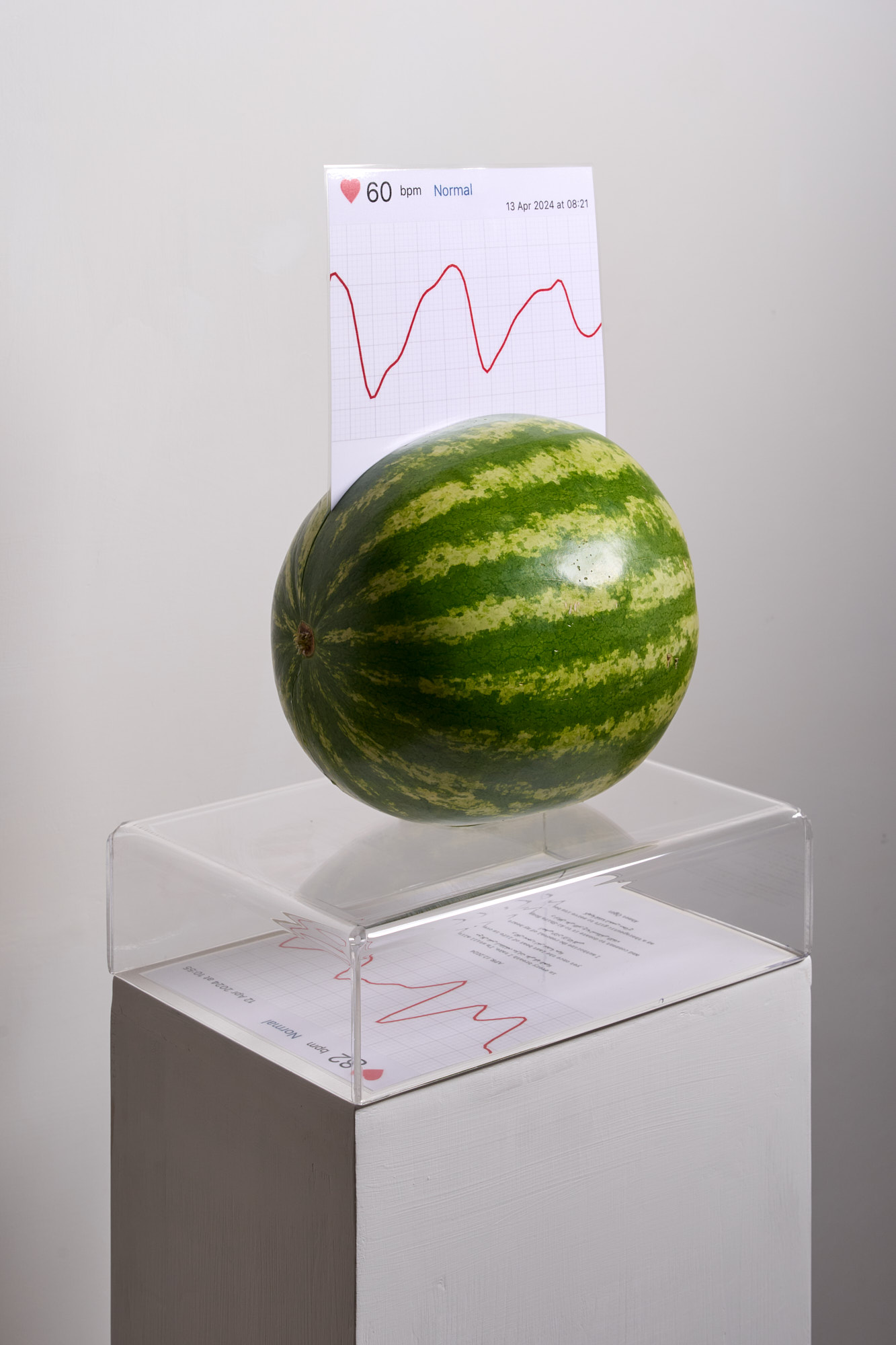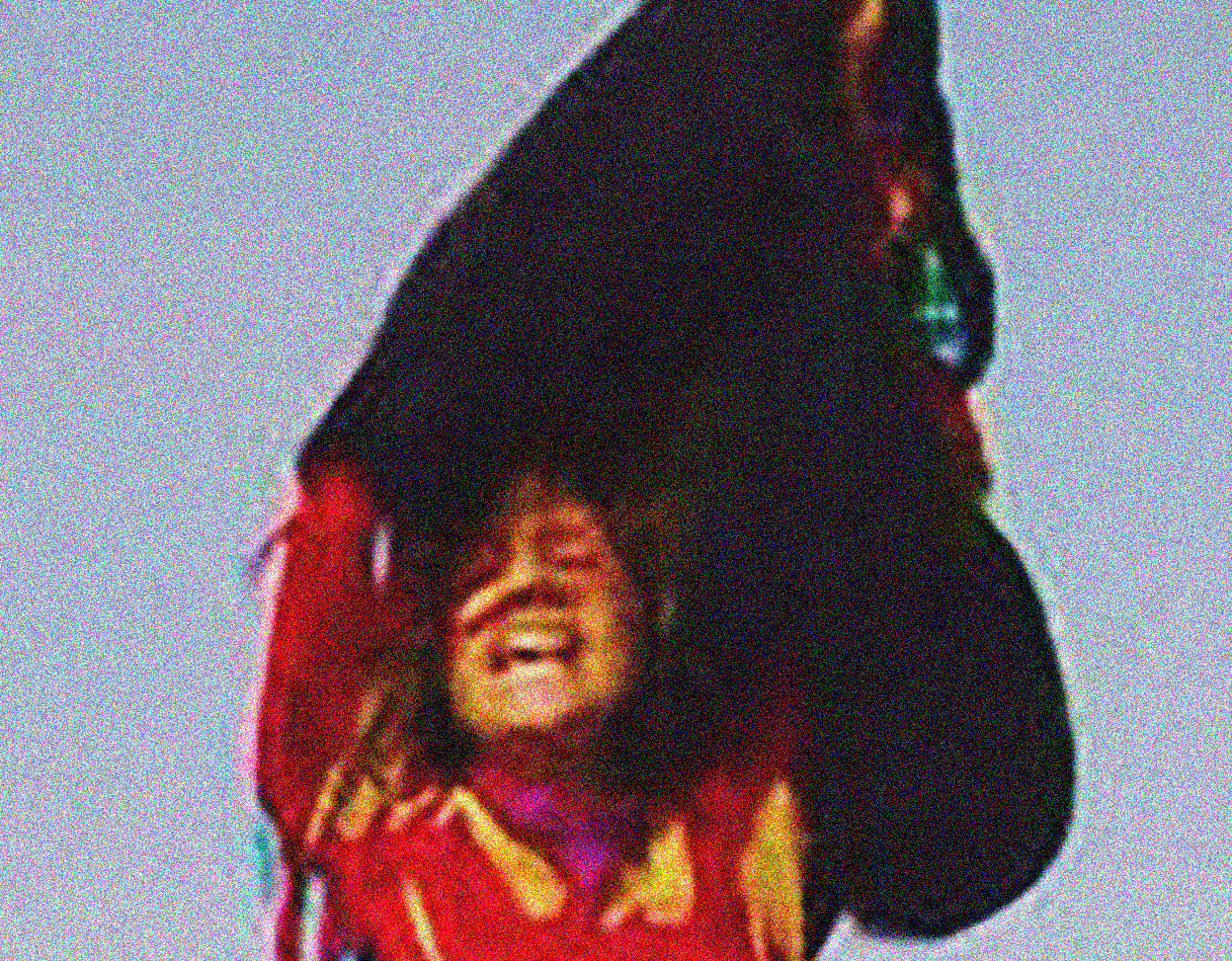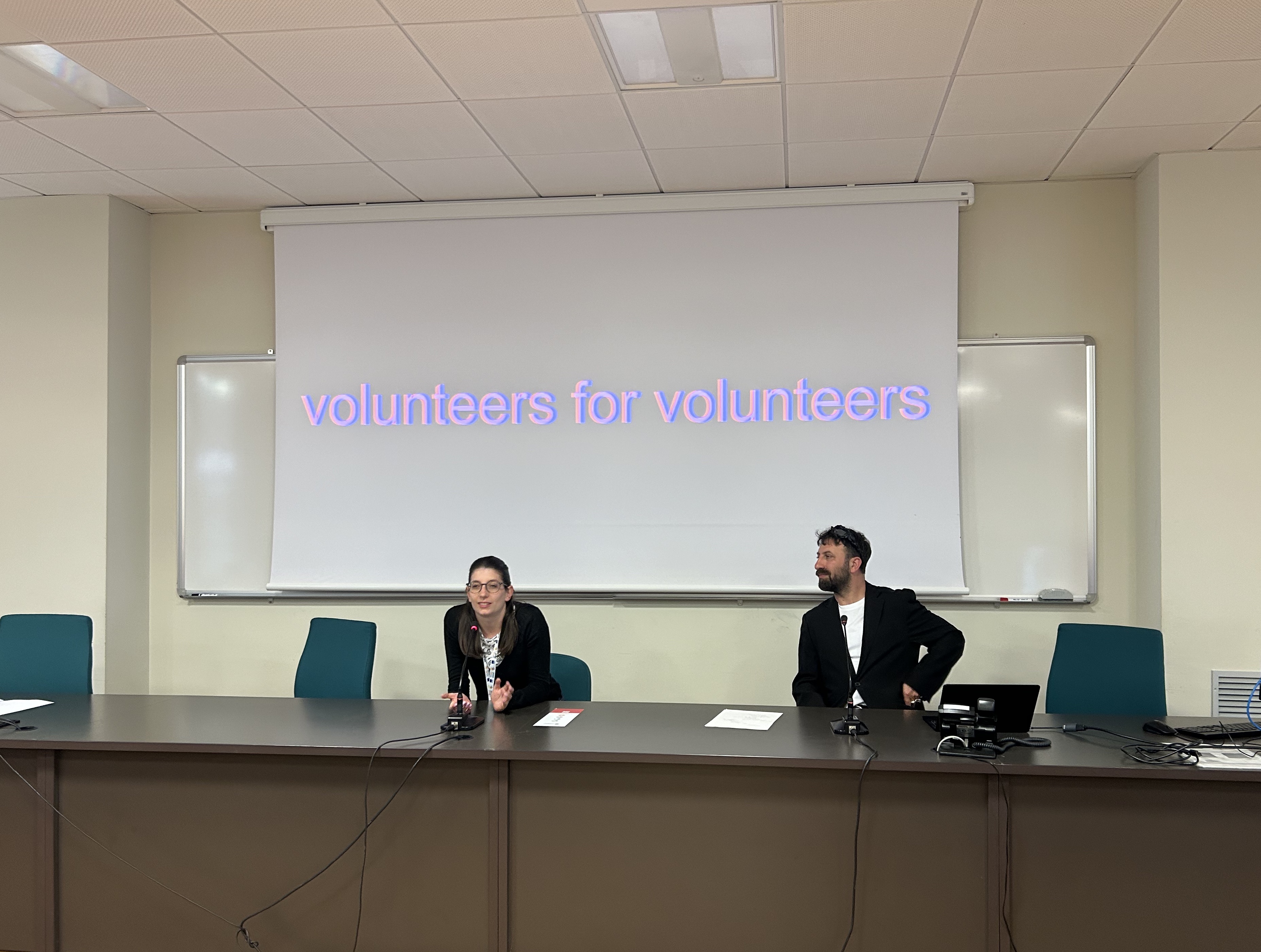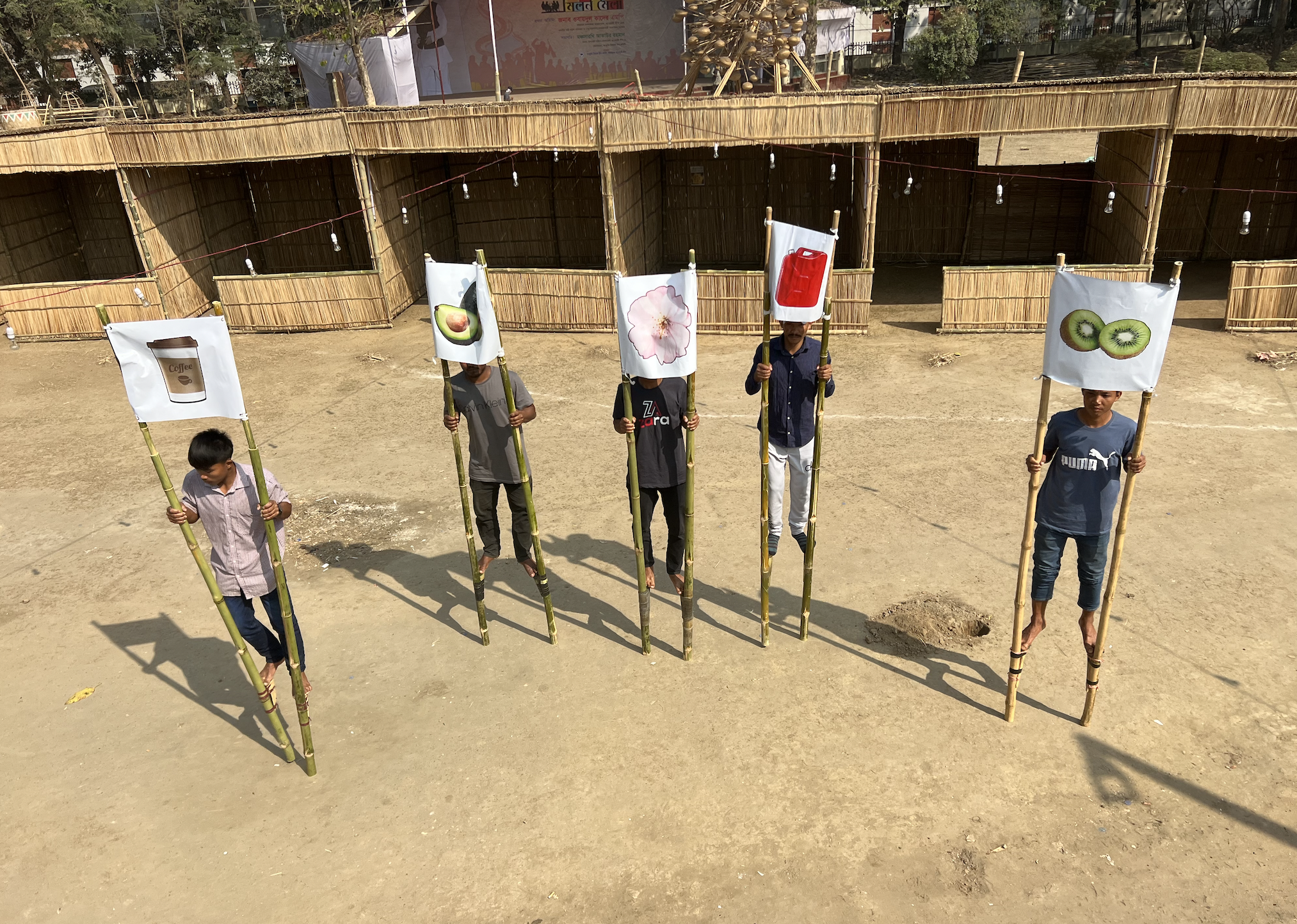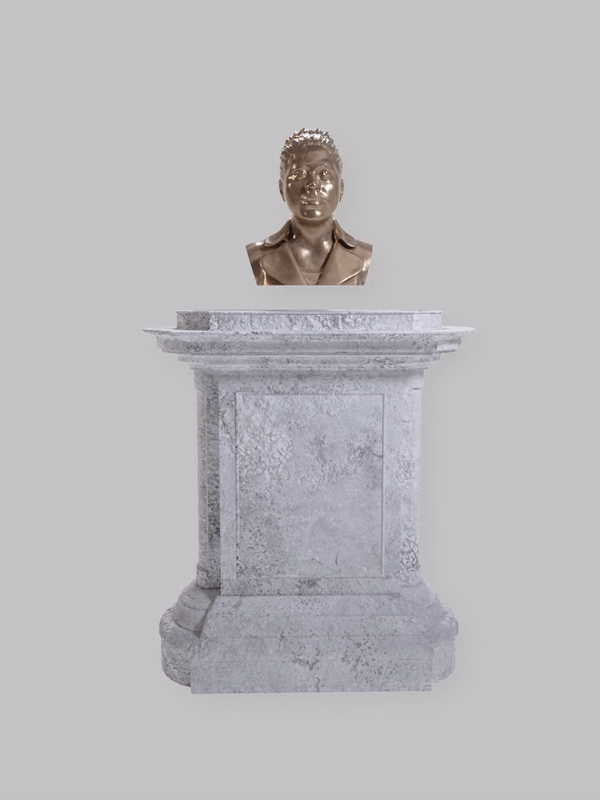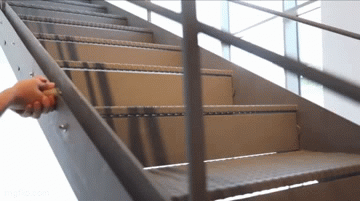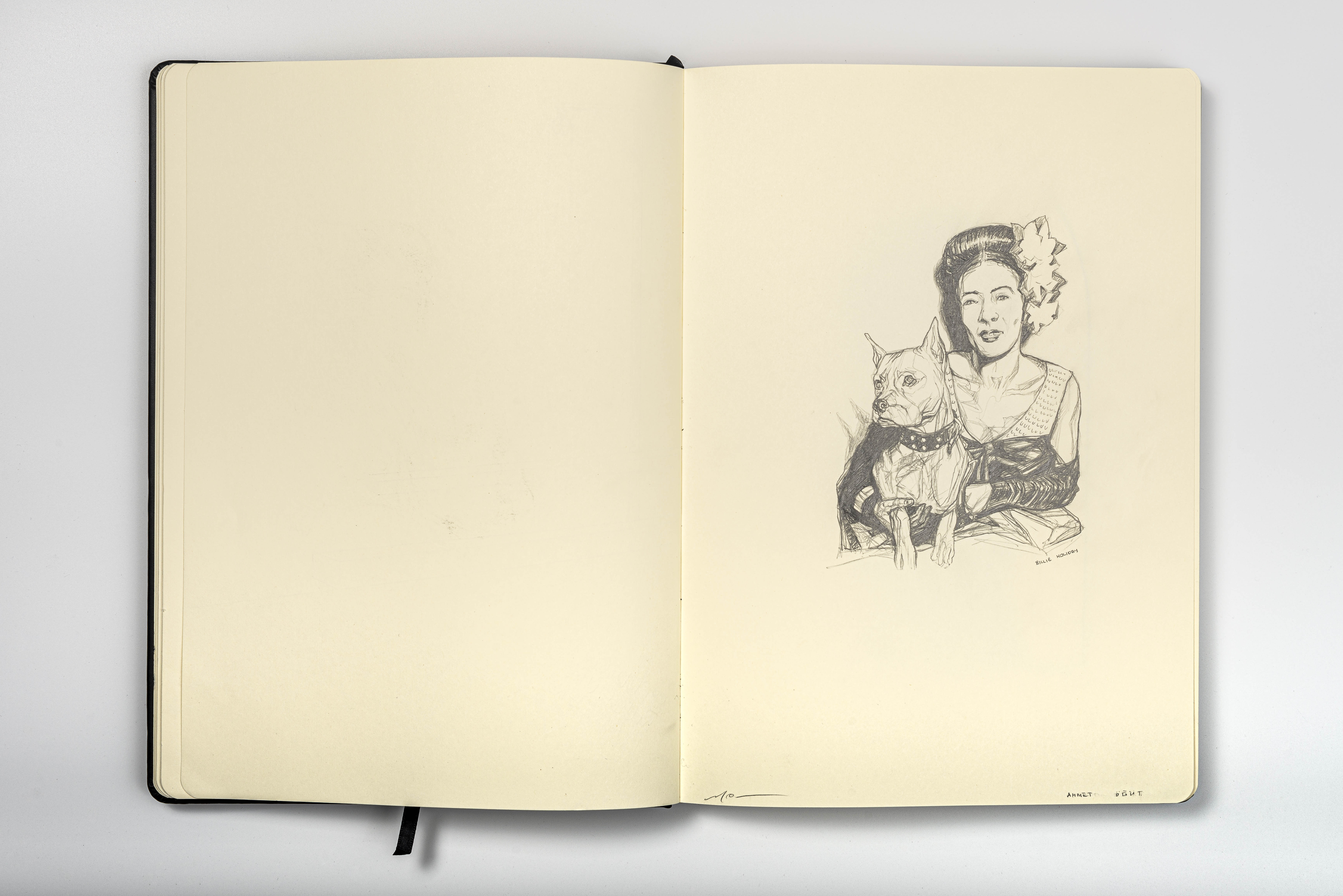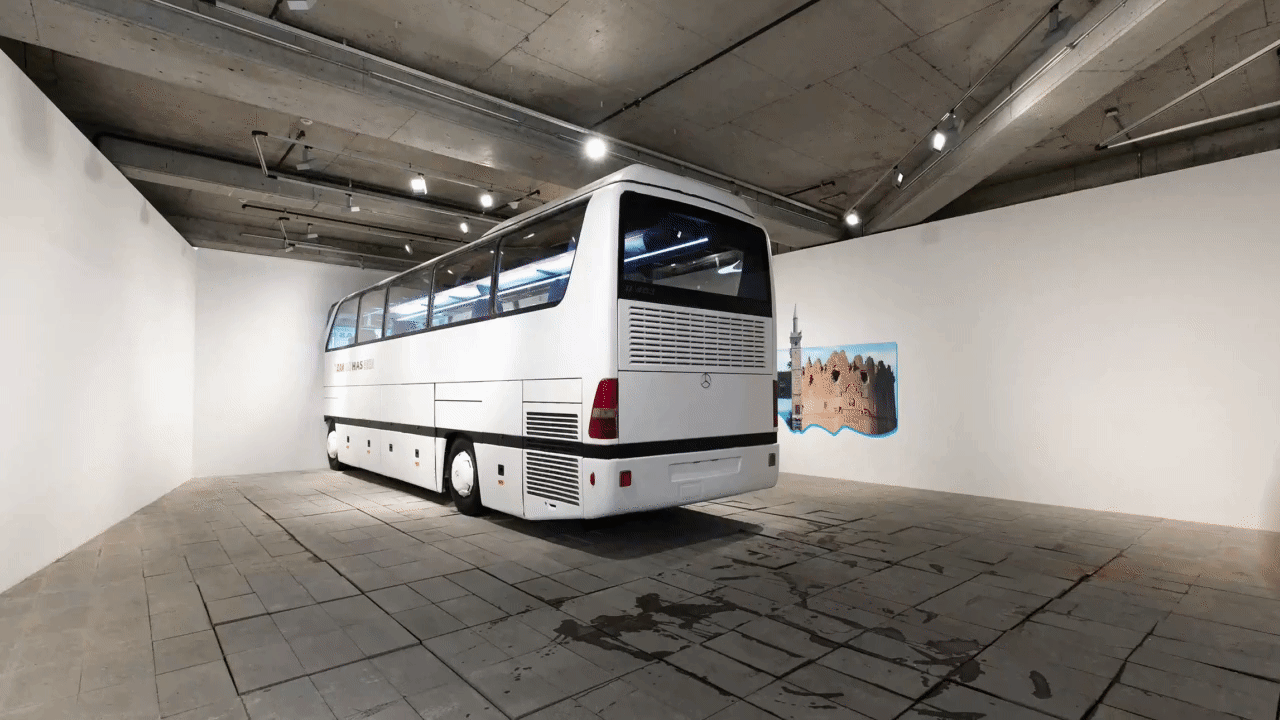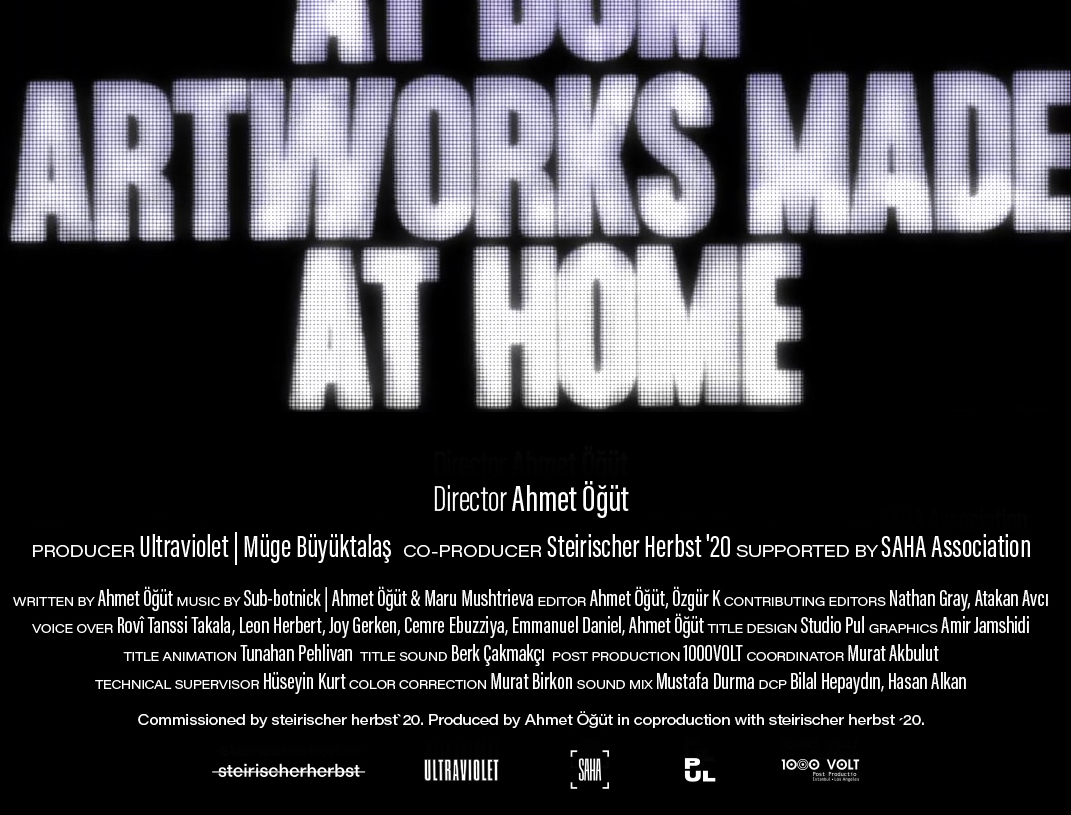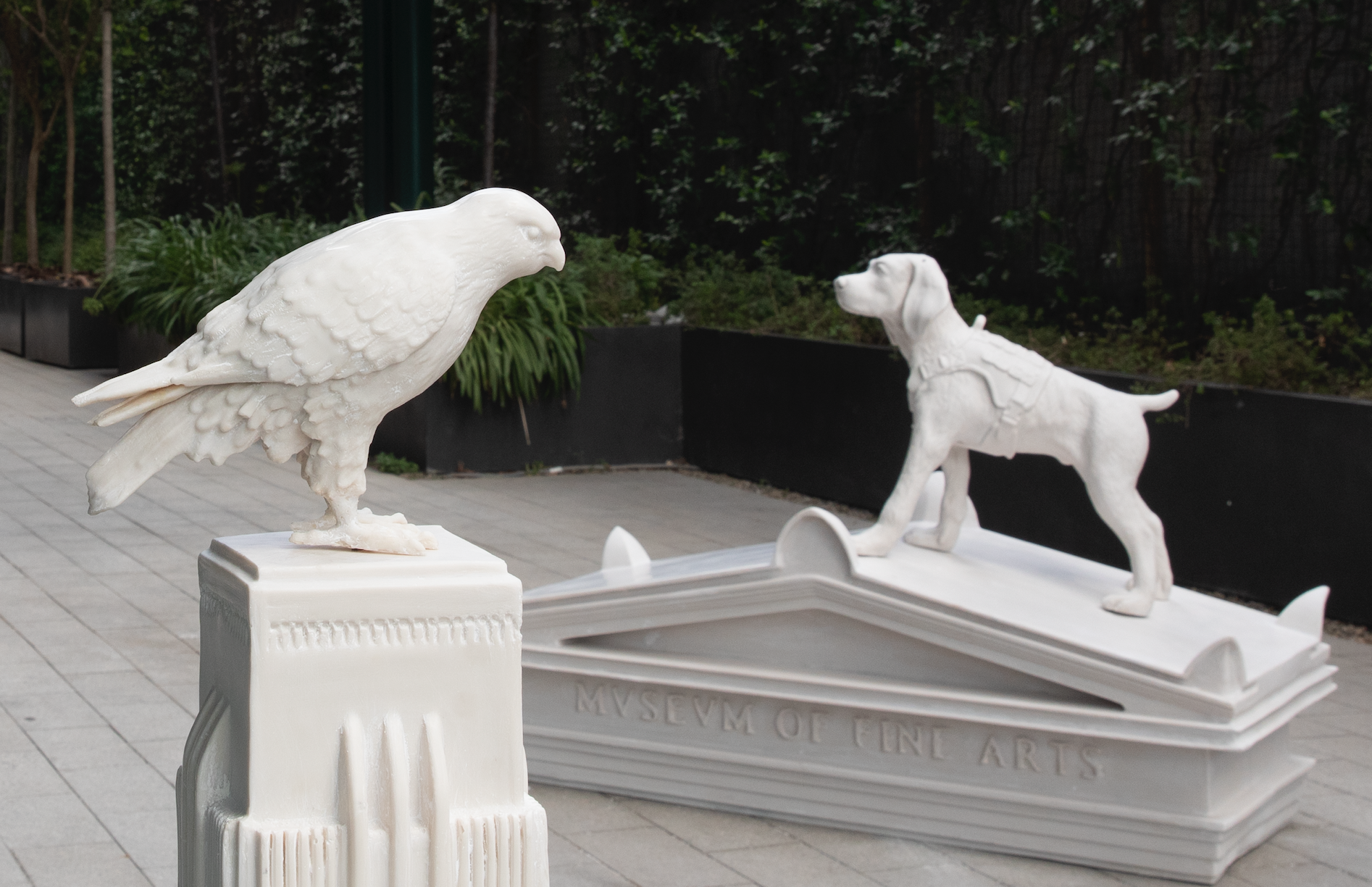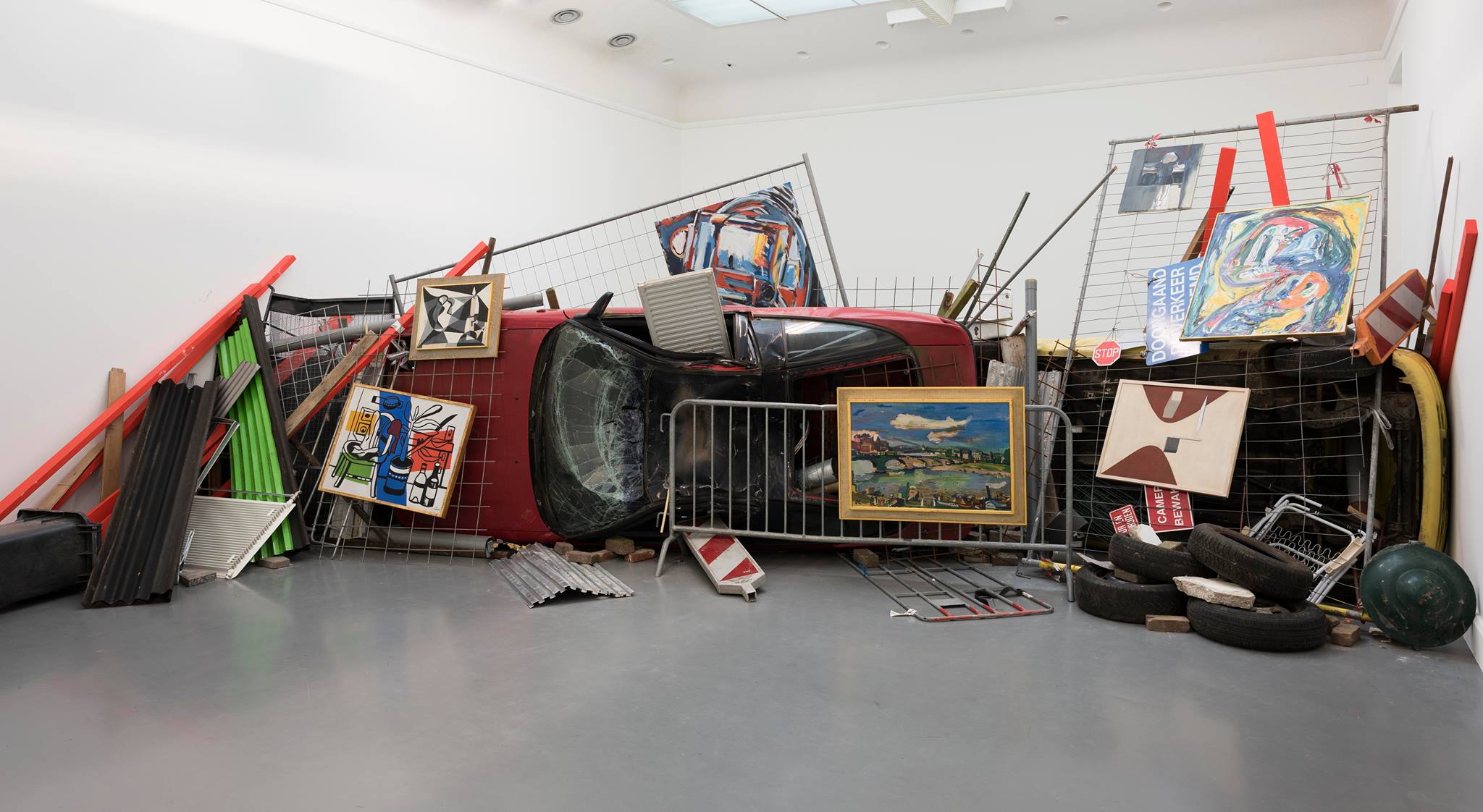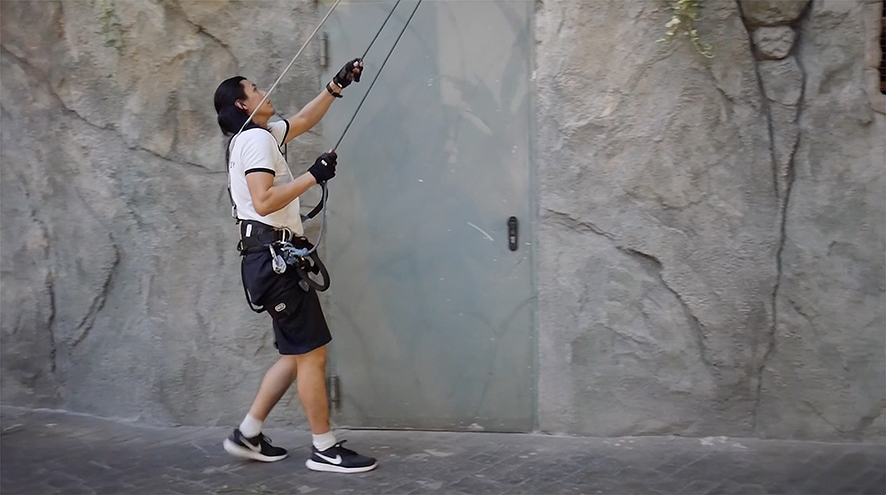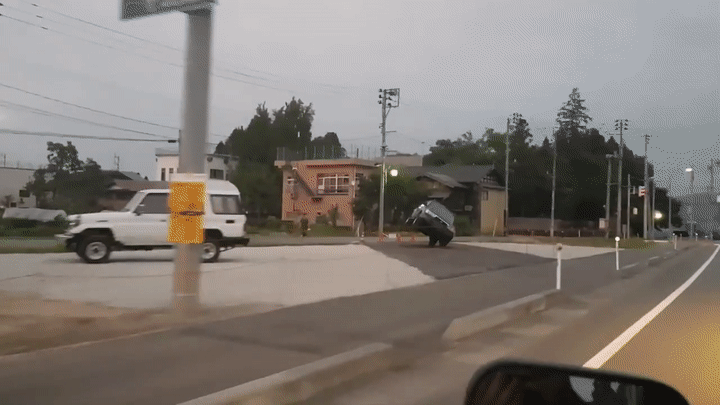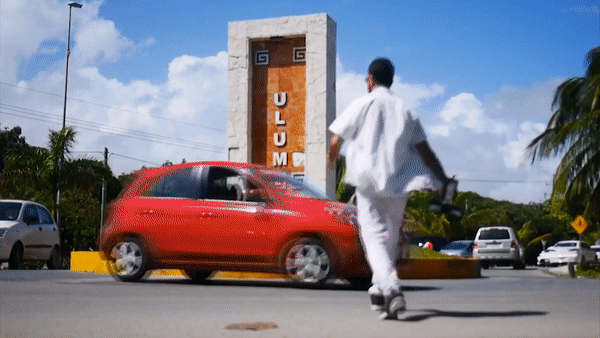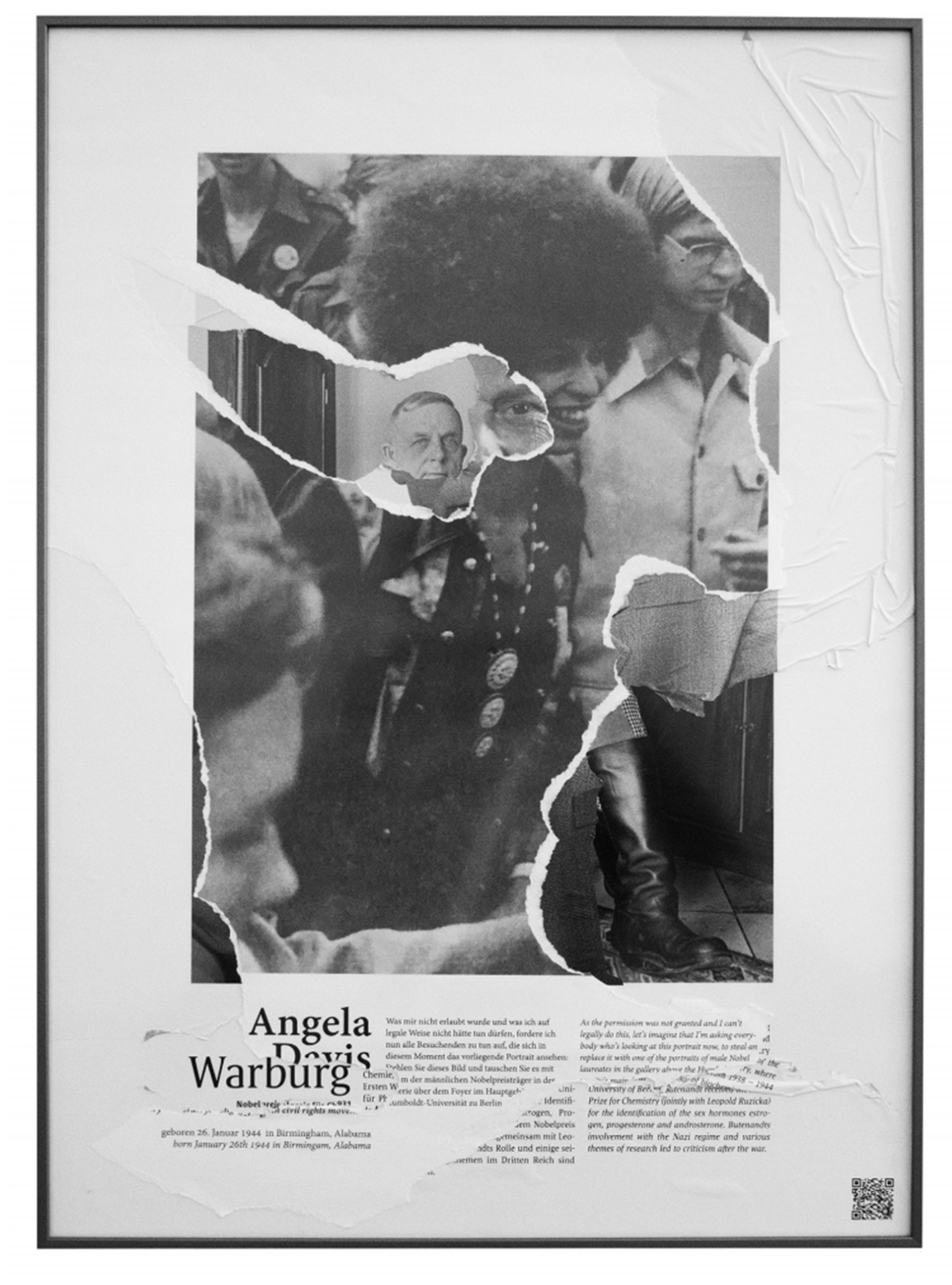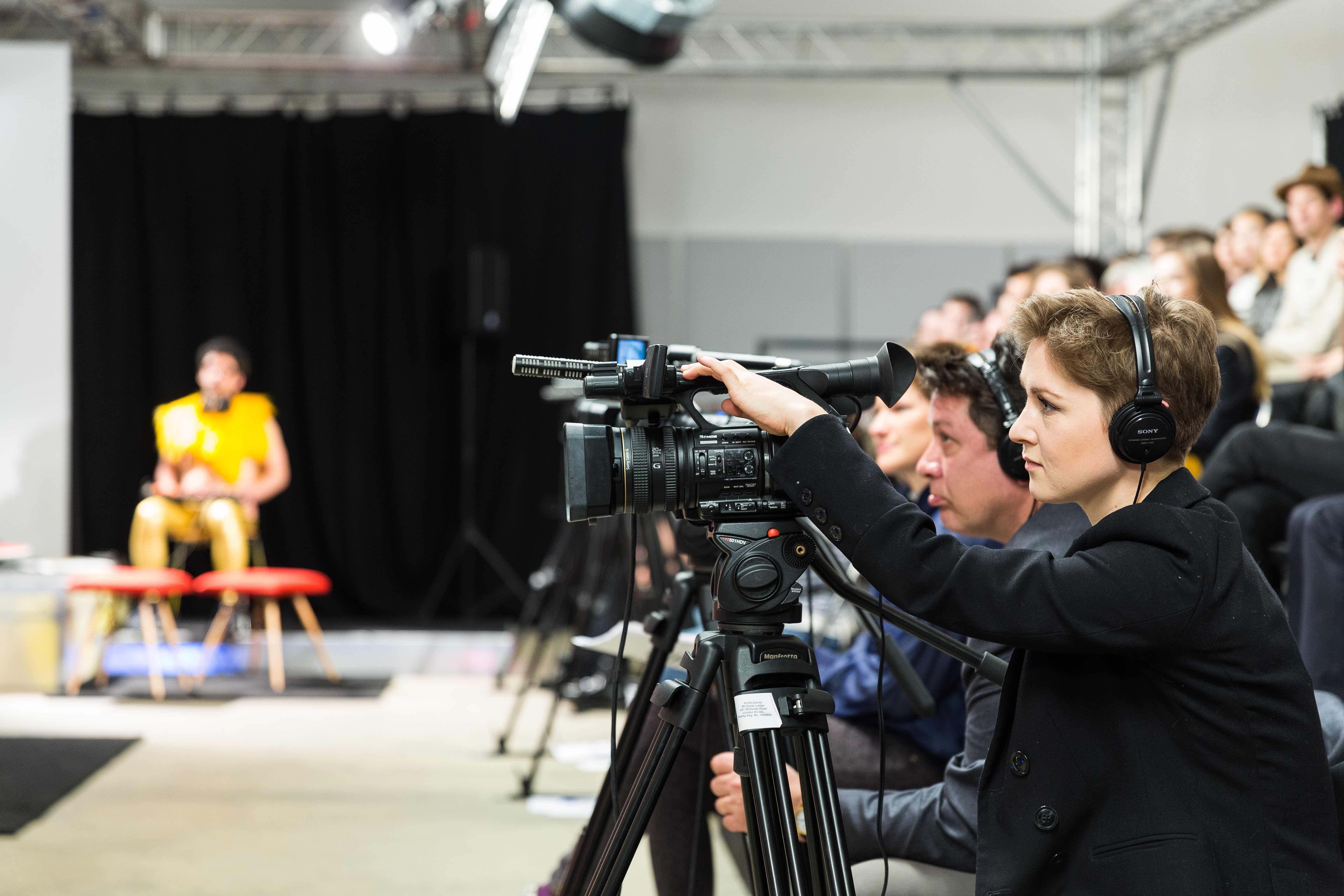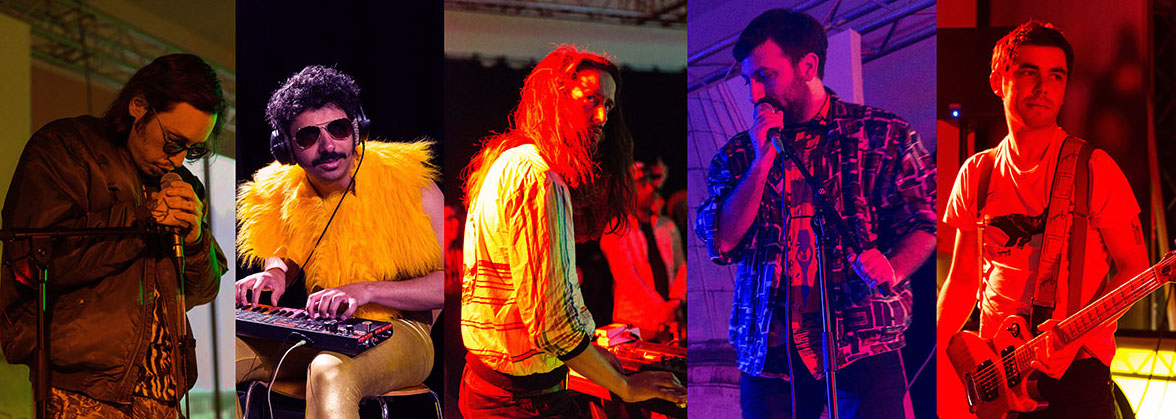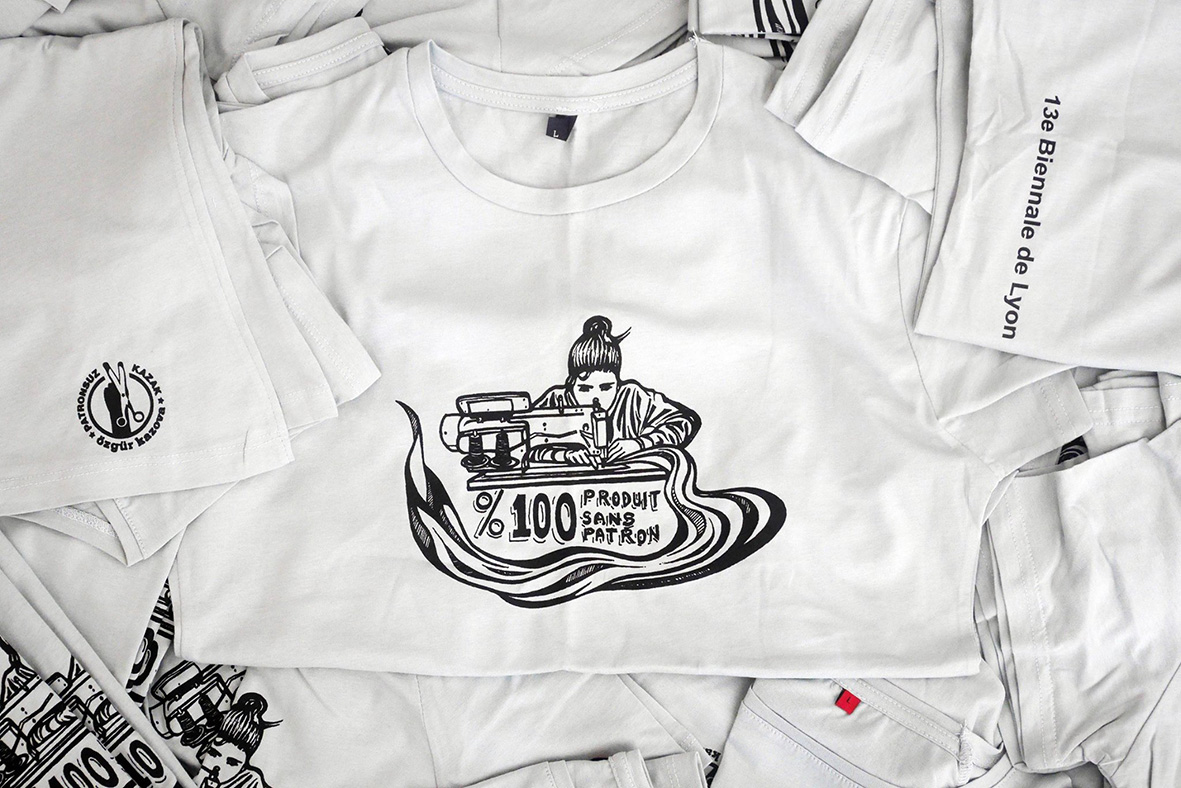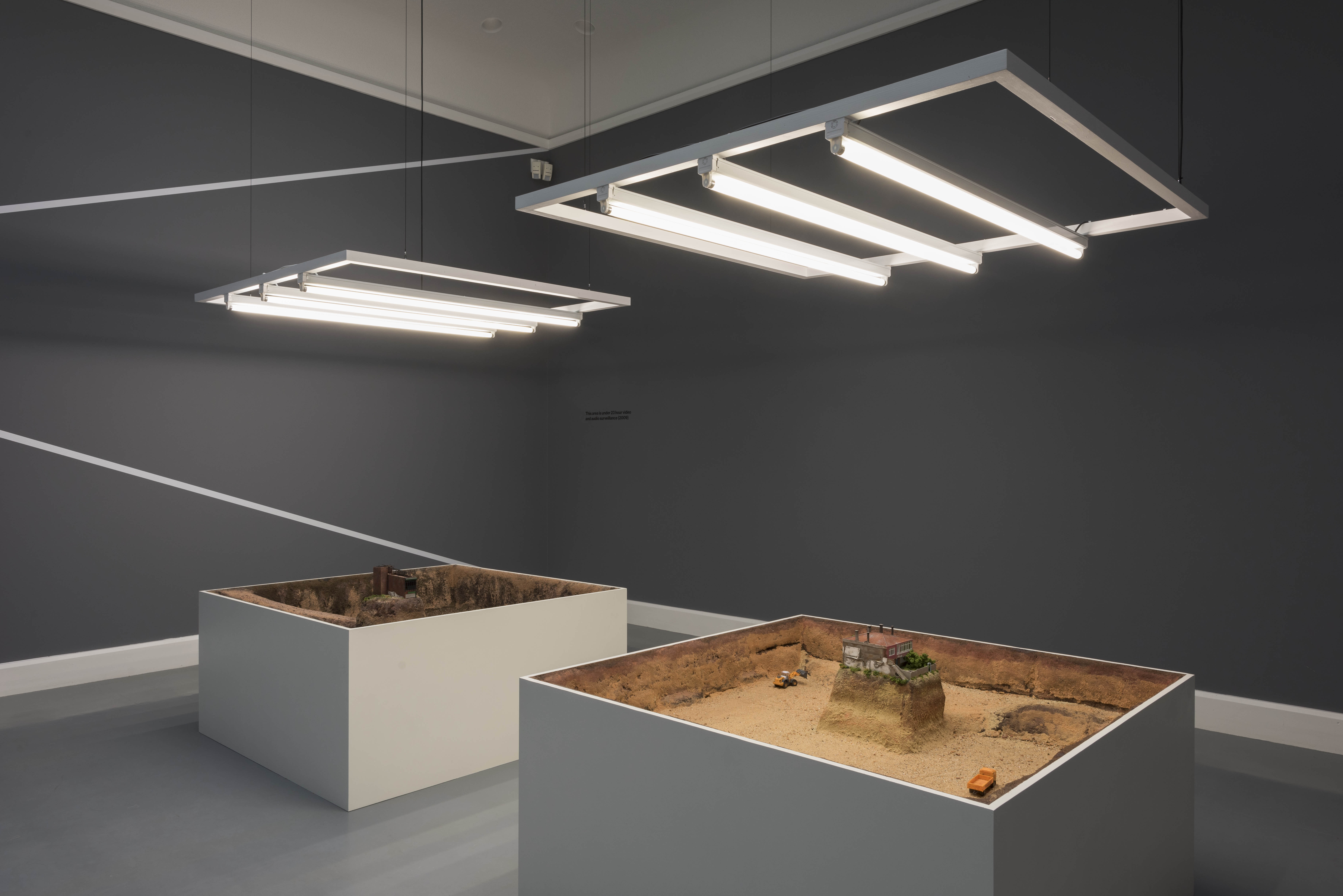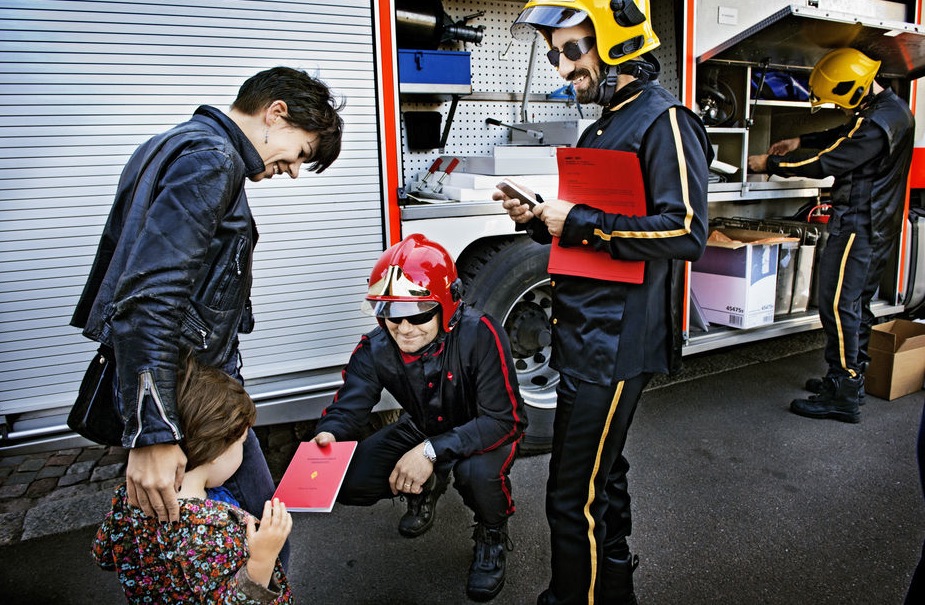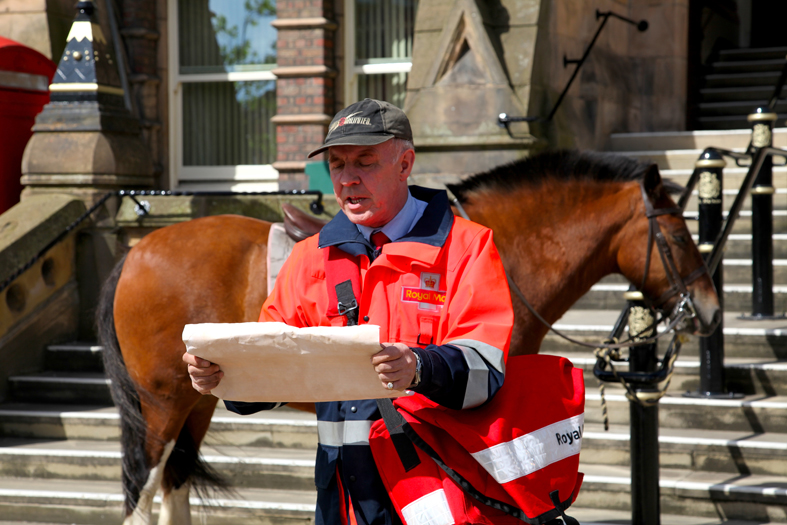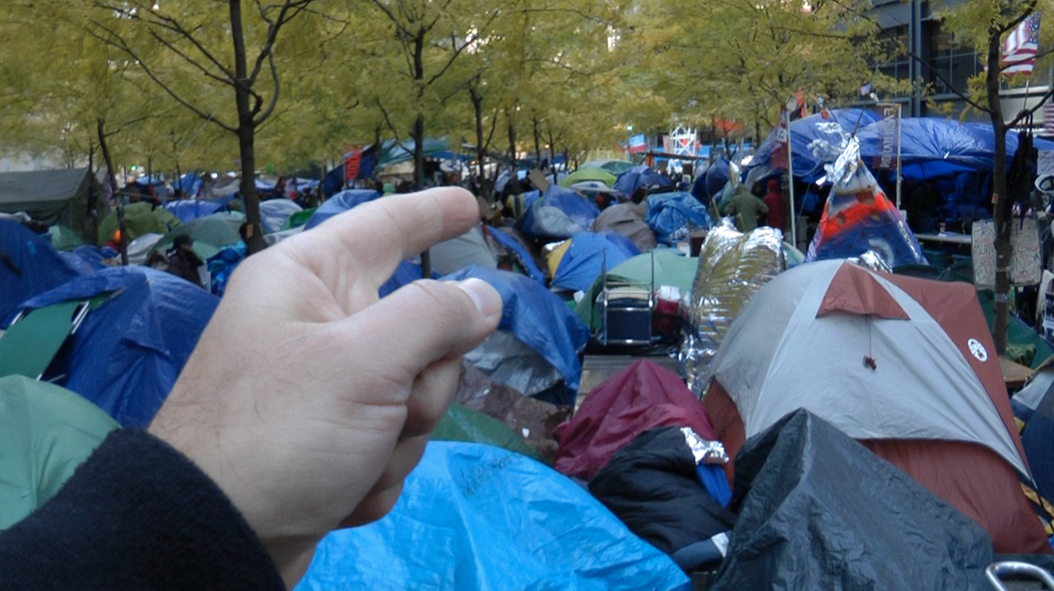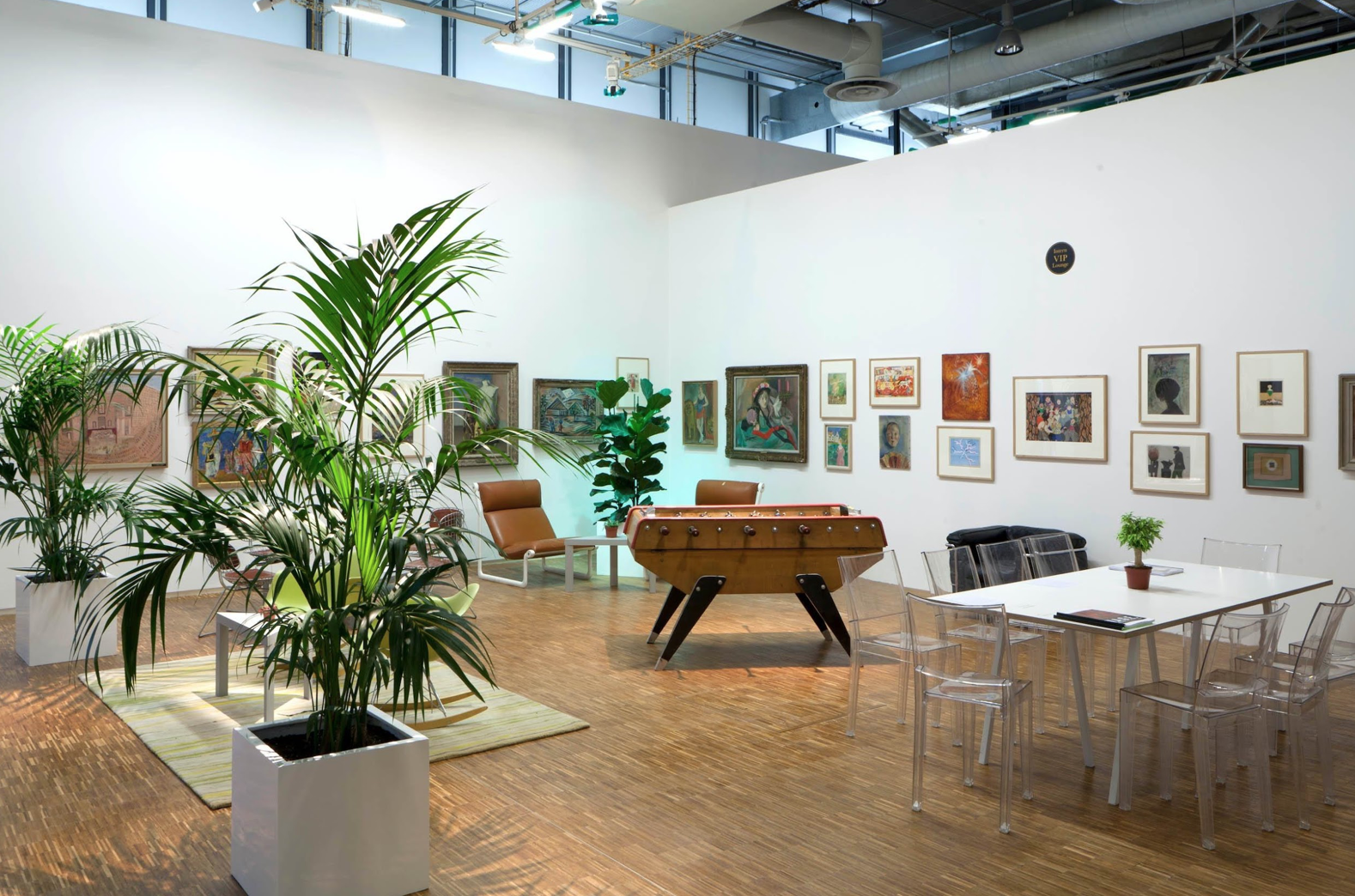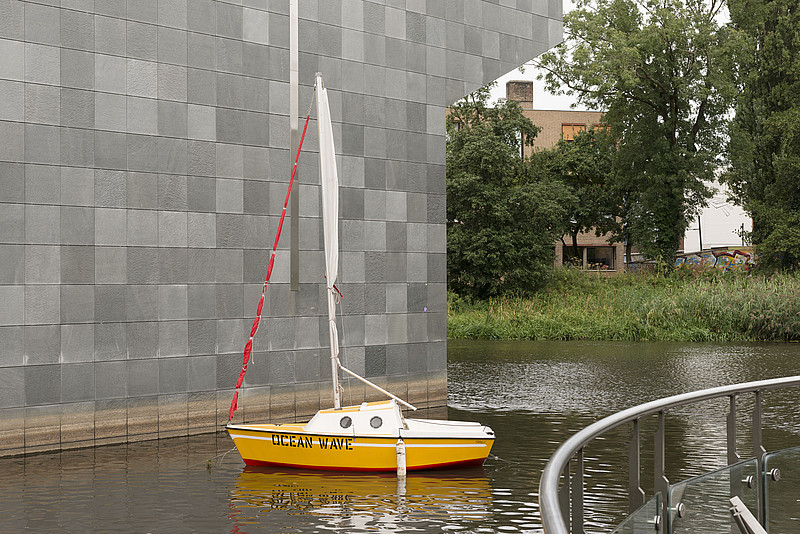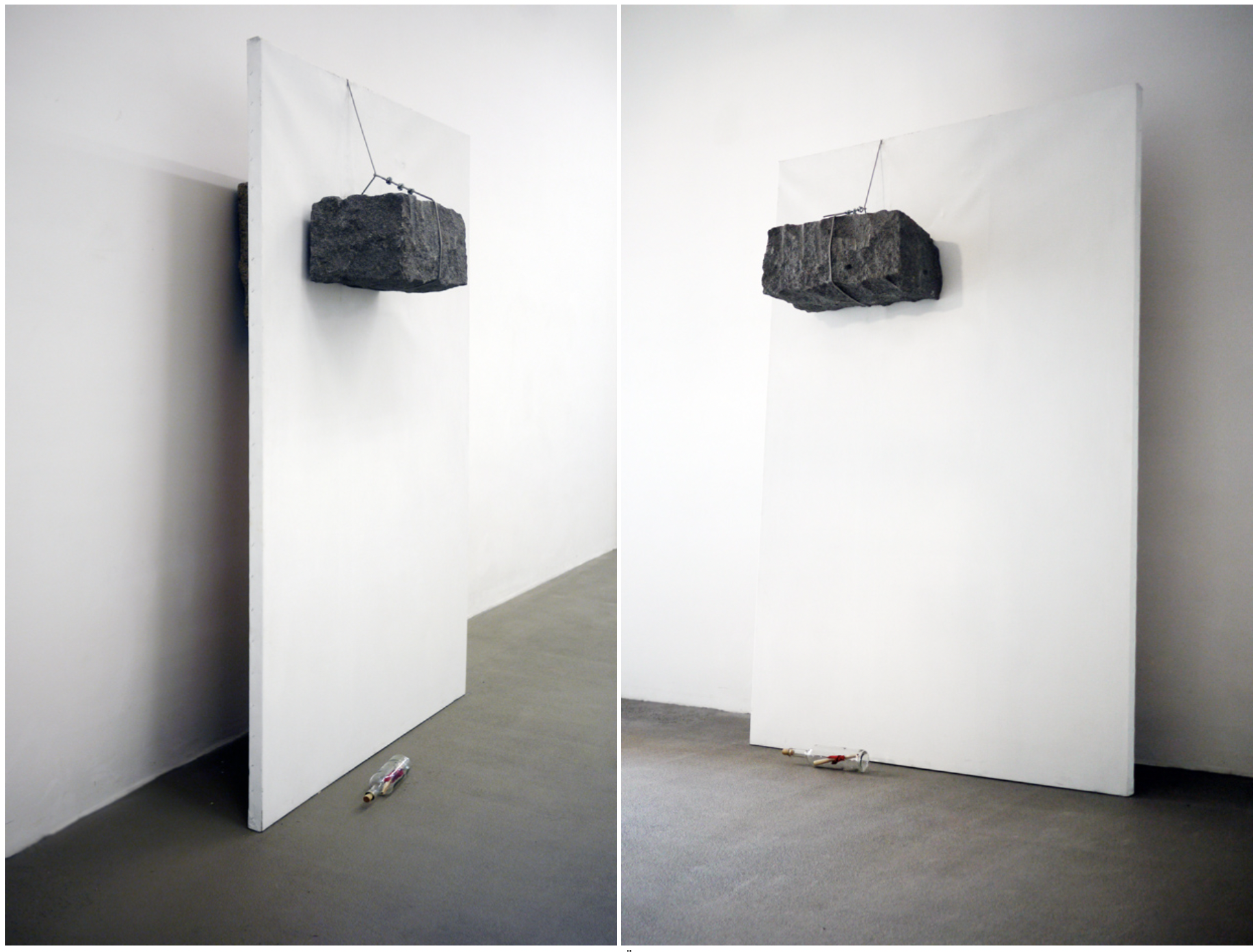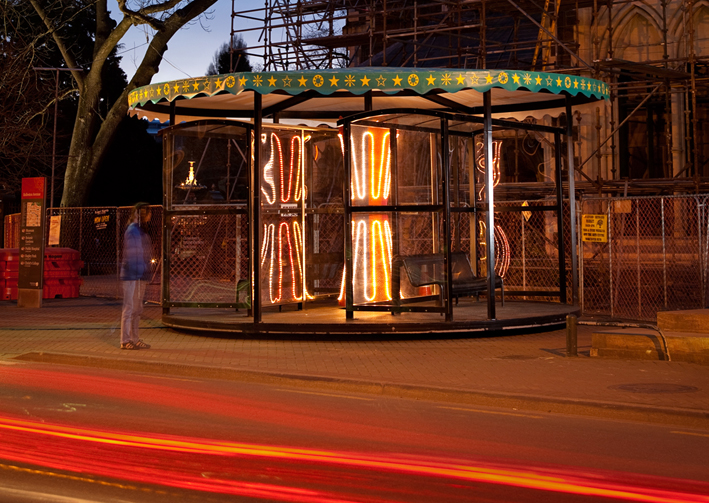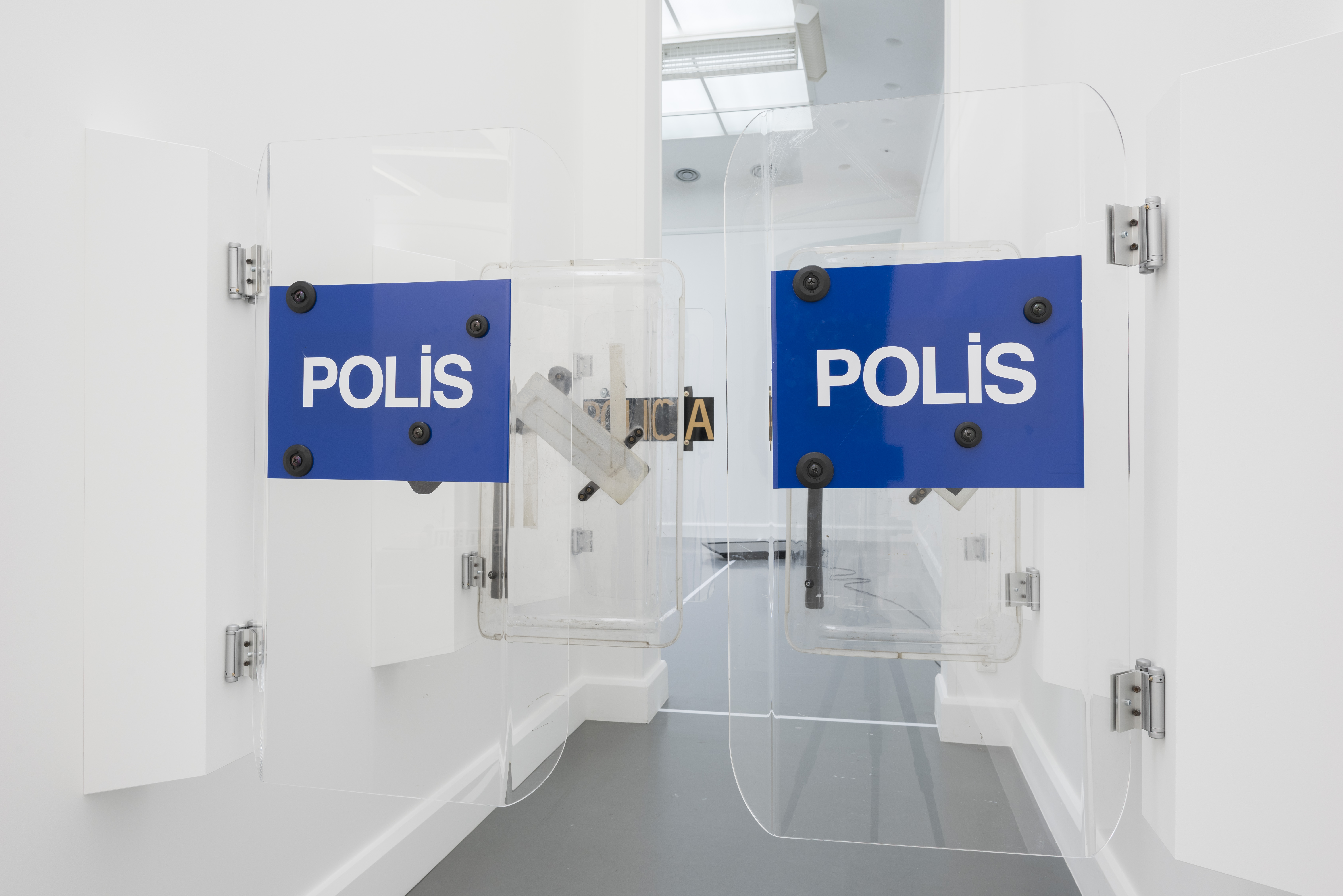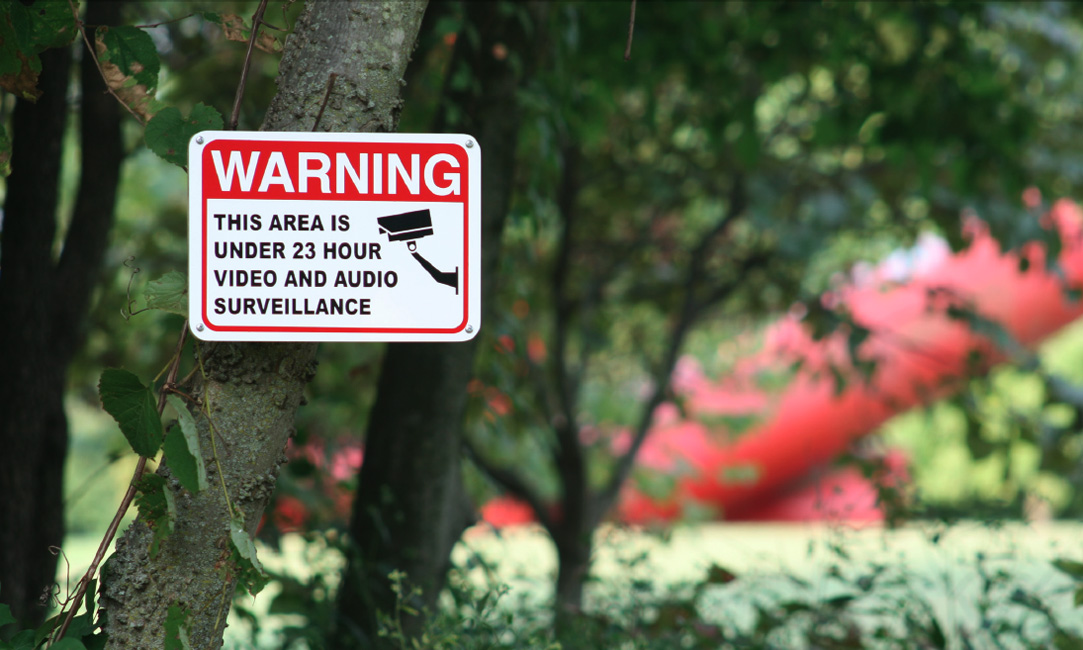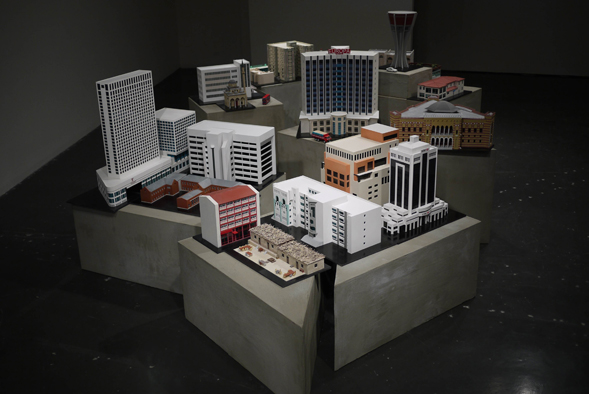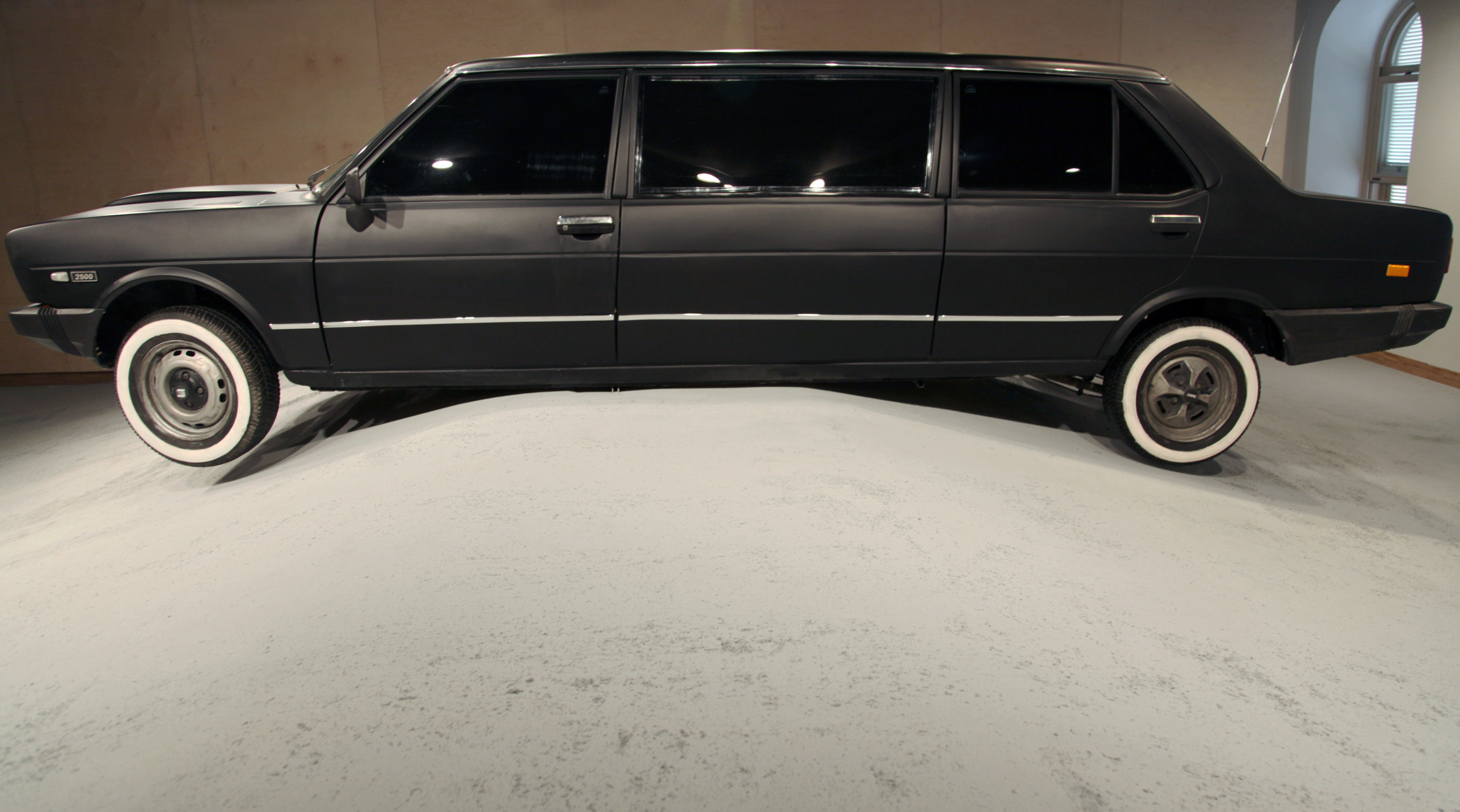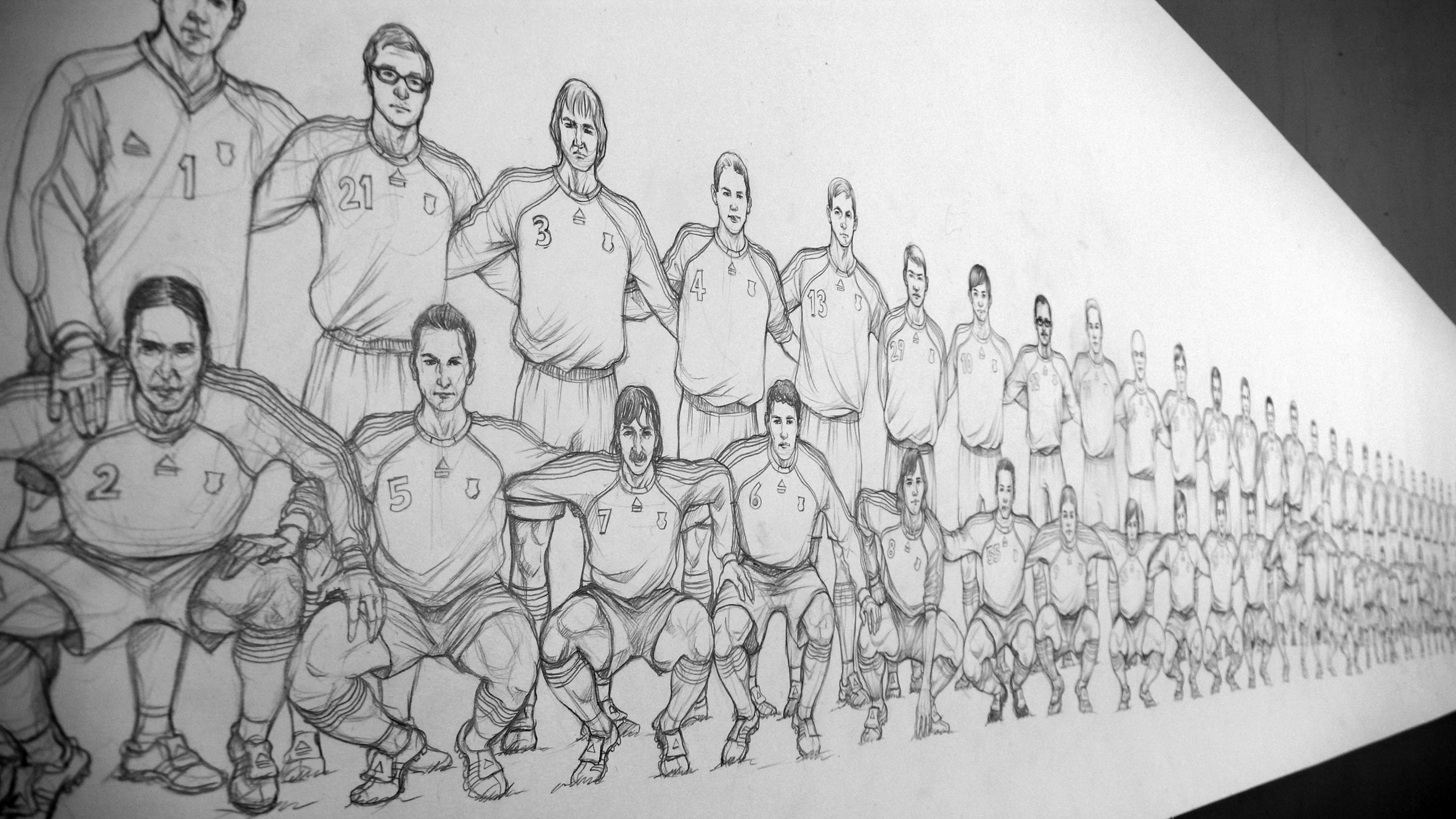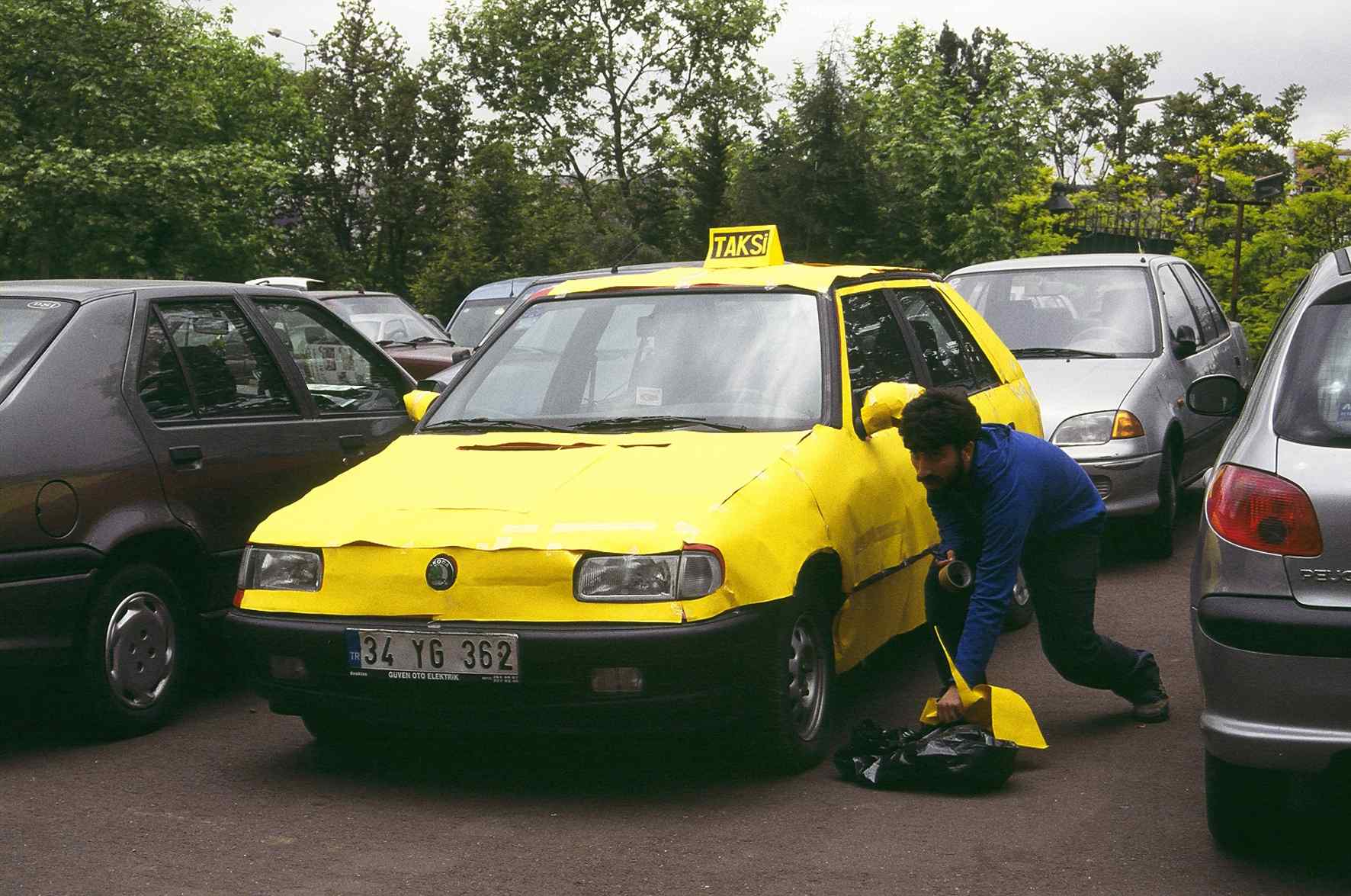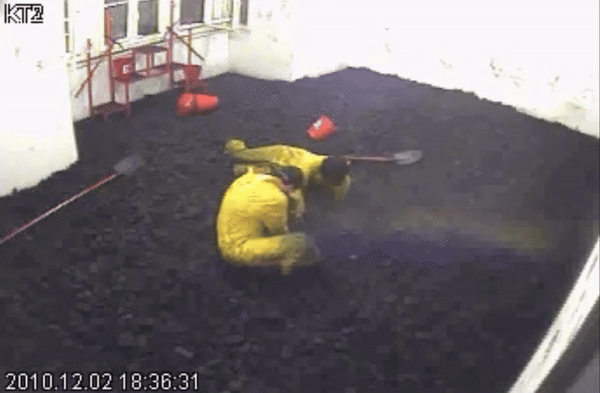
Ground Control
2007-2008
400 sqm of asphalt
Installation view at Kunst Werke
5th Berlin Biennial
photo by Uwe Walter
2007-2008
400 sqm of asphalt
Installation view at Kunst Werke
5th Berlin Biennial
photo by Uwe Walter
Ahmet Öğüts artistic practice is many-faceted and reflected in the wide range of media he uses, extending from the artist book and drawing to video and photography, installation and performance. According to Öğüt, the artistic idea determines the choice of medium. His own flexible use of media thus corresponds to the diversity of issues he wishes to address. Many of his projects take a humorous look at everyday phenomena and actions, which the artist ties to a larger political context by thematizing history and its impact on social conditions.
At KW Institute for Contemporary Art, Öğüt presents Ground Control, a major installation first developed in Istanbul in 2007. Combining elements of sculpture and installation, it reduces KW s vast main hall on the ground floor to two dimensions by covering the 400-square-meter floor in thick, outdoor asphalt. Destabilizing expectations by bringing the materials of the street indoors, Ground Control puts exhibition visitors on unfamiliar terrain. And while formally the work might at first seem reminiscent of Minimal or Conceptual Art, for Öğüt his gesture looks less toward these artistic movements than toward the possibility of his own brand of political critique. In Turkey, asphalt laying was a means of homogenizing the country in its rapid quest to modernize, metaphorically covering over some of its diverse history in the process. Today, road building in rural areas still serves not only to open up the remoter parts of the country, but also to bring them under government control, purportedly to improve security. Asphalt thus becomes a political tool for the demonstration of government power. Öğüt transfers this inscription of power in public space onto the exhibition hall, highlighting the political dimension of a seemingly innocuous substance like asphalt and raising awareness of how power is displayed and maintained.
Silke Baumann

